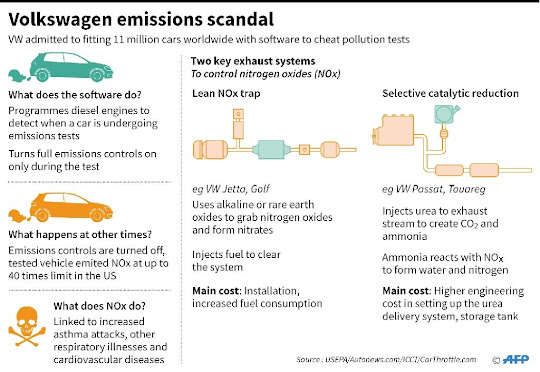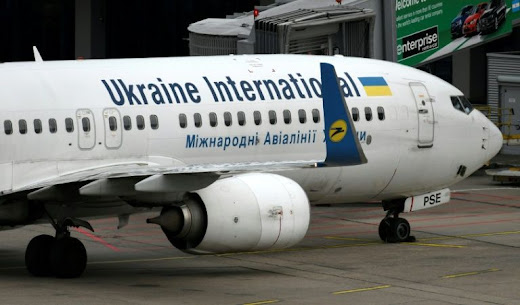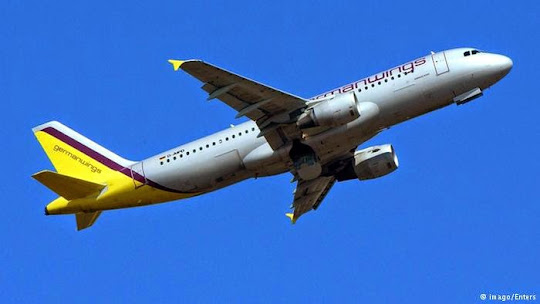Abdul Khalik, THE JAKARTA POST, JAKARTA | Sat, 02/28/2009 11:11 AM

Local pride: Army soldiers stand by armored personnel carriers (APCs) at the factory of national arms producer PT Pindad in Bandung, West Java, on Friday. The state-owned company handed over the first batch of 20 vehicles to the Indonesian Military (TNI). JP/Abdul Khalik
In a breakthrough that could turn the country into a military equipment maker, state arms firm PT Pindad handed over Friday the first armored personnel carriers (APCs).
The 20 APCs, part of 154 vehicles ordered by the Defense Ministry for the Army, were handed over Friday at a ceremony at Pindad's plant in Bandung, West Java.
Officials say the production of the APCs has boosted the morale of the national defense industry to end the country's dependence on expensive imported war machines.
"The vehicles have been tested by our experts in different fields of battle, and are proven to satisfy our needs," Defense Ministry director for infrastructure Rear Marshal Eris Heriyanto told reporters after symbolically receiving the vehicles from Pindad president director Adik Avianto.
"With regard to quality, they match those that we have imported."
Under the contract, worth Rp 1.1 trillion (US$90 million), the remaining 134 vehicles will be delivered by 2010.
State banks BRI, BNI and Mandiri have together provided the financing scheme for the production, which will be paid back by the government from the state budget.
"We will provide Rp 200 billion in standby loans for the production of 154 APCs. We will see if we can cooperate with Pindad in future projects," BRI director Asmawi Syam said on the sidelines of the ceremony.
Defense Minister Juwono Sudarsono said in his speech read by Aris that the government expected Pindad to move forward to produce other military equipment to replace the country's aging weaponry.
The Army said it would use the APCs for the country's UN peacekeeping force, infantry and cavalry.
The six-wheel-drive vehicle, with a maximum speed of 90 kilometers per hour and maximum range of 600 kilometers, uses 70 percent local products. Only the engine is imported from French automaker Renault, Adik said.
"This is a first in Indonesian and Pindad history, to locally produce an APC," Adik said.
"And except for the engine, we made all the other parts. You see, we've been trying to seek local engine producers. But for now, there are no local firms capable of supplying such an engine."
He said Renault was committed to delivering engines for the next orders.
The quality of the APCs have been internationally recognized, proven by an order of 14 vehicles placed by Nepal, which will use the Indonesian APCs for peacekeeping missions in Cameroon.
"The price of each of our APCs is only Rp 7 billion, while those that we import cost $1 million," Adik said.
"That's why our production is highly competitive."
He added the next step after the completion of the government's order for the APCs would see the company expand its production to include making war vehicles, such as amphibious tanks for the Marines, cannons and other heavy arms.
"We believe we have the capability to produce any military equipment as long as the government supports us," he said.
Indonesia has been dependent on foreign suppliers for its military equipment, which many fear could endanger its sovereignty.
The dependency was proven when the US, under then president Bill Clinton, slapped a military ban on the country for alleged human rights violations, causing much of its military equipment, among the most meager in Southeast Asia, without proper maintenance or upgrades.










